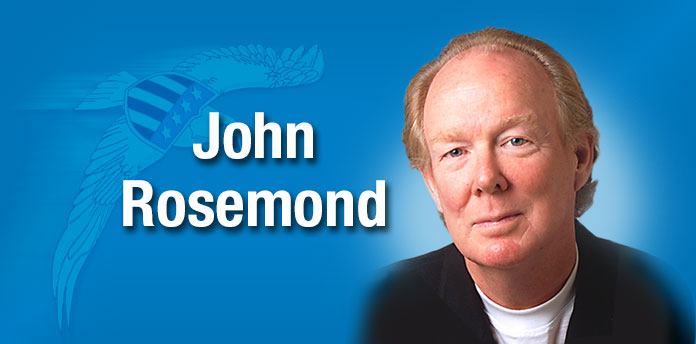Most of the problems today’s parents are experiencing in the course of raising children are due to a faulty “parent-view.”
Just as one’s worldview consists of attitudes, values, and expectations concerning the world and his or her place in it, a person’s parent-view is primarily constituted of one’s definition of their parental responsibilities. That definition can be inferred from how a parent talks about and to her children, behaves toward them, and her parenting stress level.
Our collective parent-view has changed dramatically since the 1960s, as evidenced by equally dramatic changes in parent behavior, child behavior, and child and teen mental health. Today’s parents are more involved in their children’s lives, today’s families are more likely to be child-centric, the behavior of today’s kids is significantly more problematic, and child and teen mental health since the 1960s has plummeted as the per-capita number of child therapists has increased exponentially. Something is wrong.
That something will not be corrected by better disciplinary strategies, more child therapists, giving more children psychiatric drugs, or a media that provides parents with more parenting resources, all of which should be obvious by now. It will be corrected when we correct our cultural parent-view, and not before.
I’ve written books on this issue. This, however, is a newspaper column; thus, I am only able herein to summarize a few salient points. Here goes.
I was raised in the 1950s. When I acted like a certain situation was “all about me,” my parents told me I was acting too big for my britches and to get down off my high horse. Today’s parents seem not to notice when their children burst their britches. Making matters that much worse, they put their children up on high horses. Behavior has consequences.
My parents were the center of attention in my family. Today’s children are the center of attention in theirs. (By the way, in case the reader hasn’t figured it out, my parents’ and my peers’ parents’ parent-views were all but identical.) Two entirely different approaches to the raising of children will result in two entirely different outcomes.
As a child, I was loved and knew it, but my parents made no fuss over me. I was most definitely not a Big Deal. Today’s kids are BIG DEALS. For example, if I made a mountain out of a molehill, my parents told me I was being foolish. Today’s parents are afraid to tell their children the truth about themselves, fearing that such truth might cause them to topple off their high horses.
In the halcyon days of American childhood, we enjoyed cultural consensus concerning children and the purpose of their upbringing (which was NOT to make them feel special). Today, we have no such consensus. It is even rare to find two married parents who occupy the same parenting page. That lack of consensus causes mistrust, defensiveness, stress, and argument, all of which make it difficult for children to know what expectations are valid and which are not.
One’s primary obligation in the raising of a child is not to one’s child but to one’s neighbor. As paradoxical as it may sound, that understanding makes for a sturdy parent-view and a generally high level of child well-being. That’s what my parents taught me, not that long ago.
[Family psychologist John Rosemond: johnrosemond.com, parentguru.com. Copyright 2021, John K. Rosemond]












Leave a Comment
You must be logged in to post a comment.